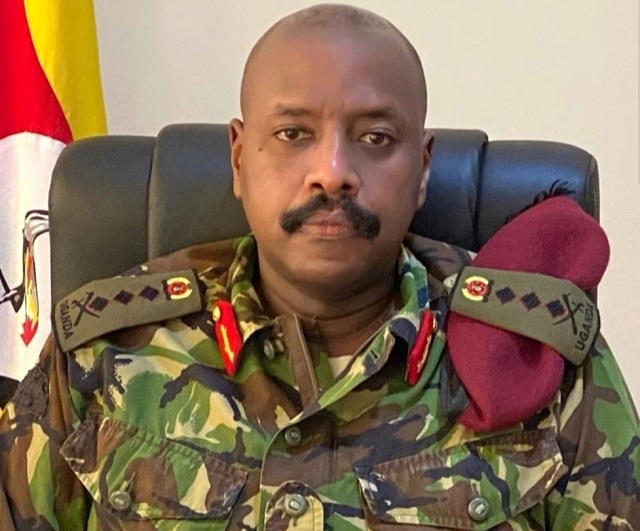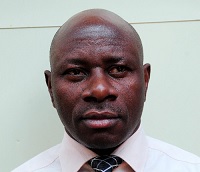
With the next presidential election barely two years away, confusion over the NRM candidate created unnecessary uncertainly
COMMENT | PETER NYANZI | When President Yoweri Museveni on March 21 named his son, Gen. Muhoozi Kainerugaba, the top commander of the Army, a number of eyebrows were raised.
However, for several reasons, I think the President’s action was timely, progressive and strategically good for the economy.
With the next presidential election barely two years away, it was not clear whether the President was going to stand for re-election in 2026 or if Gen. Muhoozi’s holding of ‘political’ rallies countrywide was an indication that he was going to be anointed as his father’s successor come 2026.
Consequently, there was confusion not only among the population but also among the top members of the army and the ruling party, the National Resistance Movement, in regard to who should or would be Uganda’s next President. Now, such a scenario of political uncertainly is bad news for the national economy and for investment.
For an economy to flourish and to attract foreign direct investment (FDI) there has to be predictability, which provides investors with a level of certainty and confidence regarding the future political landscape of the country.
Indeed, over the past 40 years, political stability (and predictability) has been a key asset for Uganda as it provided a solid foundation for economic development, business growth, and prosperity by fostering an environment of trust and collaboration between the Government, the Private Sector, and international development players.
Uganda has hitherto been performing relatively well on the World Bank’s Political Stability and Absence of Violence Index – a measure of perception on the likelihood of political instability and/or politically-motivated violence – no mean feat in a region that is generally perceived to be politically volatile.
It should go without saying that political stability is critical, and the increasingly sensitive international investors will always be more likely to commit their capital in countries with a stable political environment as they offer a lower risk of loss.
When investors feel assured that their investments would be protected and that the rule of law and the Constitution would be upheld, they are more willing to allocate resources to long-term projects and ventures.
That is why countries that are perceived to have a stable and predictable political environment are the ones that attract the most domestic and FDI as they are deemed to be more likely to facilitate market-driven economic activities that increase productivity, spur exports and raise consumption in the population.
Also worth noting is that political predictability enhances a country’s creditworthiness and attractiveness to both local and international lenders, thus making it easier and more cost-effective to access cheaper capital for investment because of the lower perceived risk of loss.
When a particular country is perceived to be politically stable, the private sector can engage in long-term planning, strategic decision-making, and investment in capital-intensive projects with confidence.
This is particularly important for Uganda at this point in time as we try to woo FDI into our multi-billion Dollar oil and gas projects plus capital-intensive ventures to add value to our mineral resources.
These are long-term projects with long payback periods and high risk-return profiles and thus require concrete and fool-proof assurance that the political environment would remain stable in both the short-term and long-term.
When political stability is assured, investors can make investments in costly infrastructure, technology, and human capital in the form of highly skilled workers and professionals, knowing that the political environment is not likely to undergo significant upheaval that could disrupt operations or erode their returns on investment.
Given our past history of political upheaval and social violence instigated by the military, Uganda must continue to prioritize political stability, good governance, and the rule of law because that is the only way to continue attracting FDI and achieving our long-term economic development and prosperity.
Against that background, I think President Museveni’s decision to appoint Gen. Muhoozi as the Army commander was both strategically and tactically astute as it sends the right signals to both local and international investors in regard to the government’s keenness to provide a political environment that ensures continuity plus political stability and predictability.
****

The writer is a business journalist
 The Independent Uganda: You get the Truth we Pay the Price
The Independent Uganda: You get the Truth we Pay the Price





